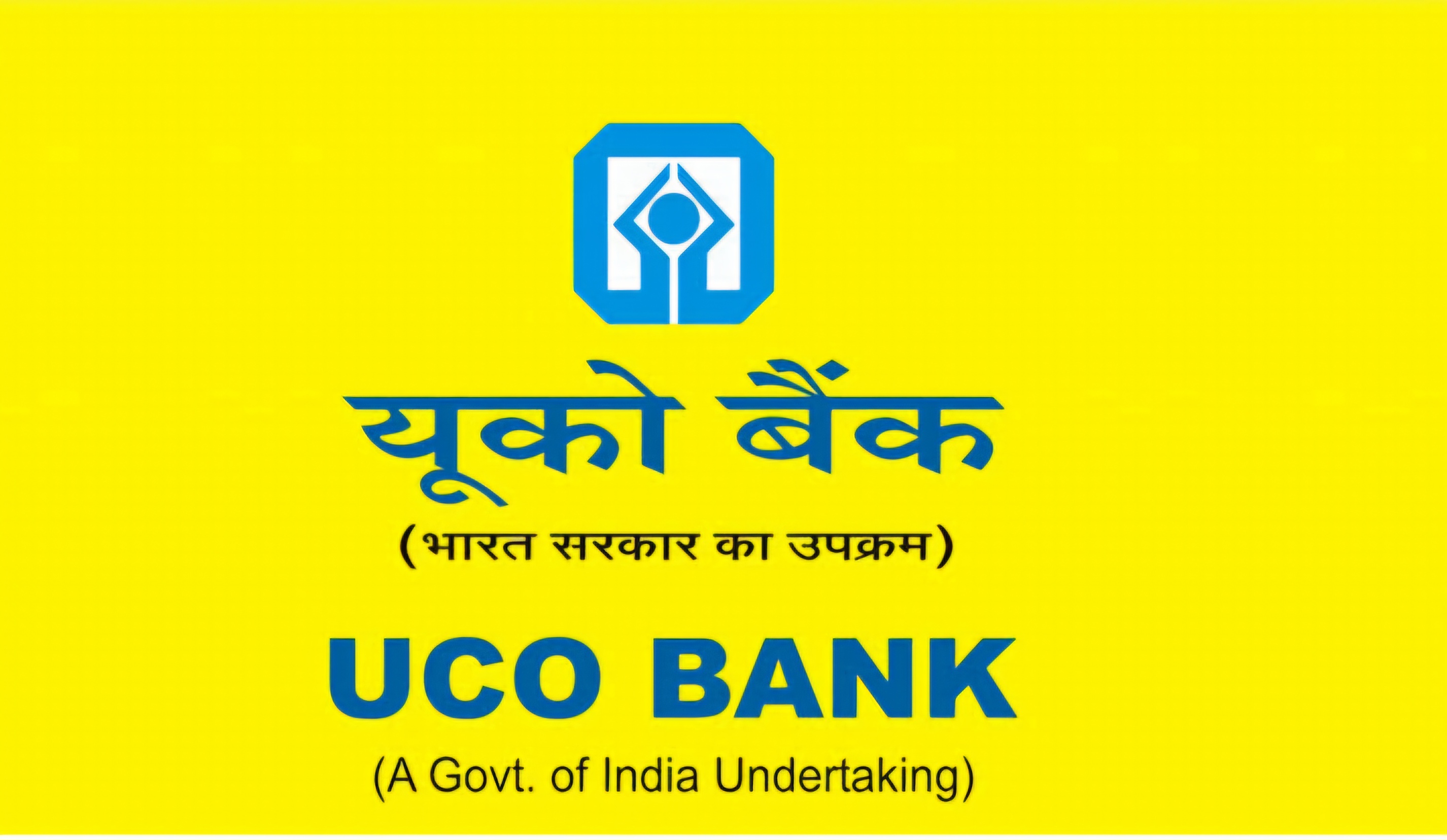


In Mafabhai Motibhai Sagar vs. State of Gujarat & Ors., the Supreme Court ruled on a significant criminal request including procedural decency and the proper to a reasonable examination. The case, emerging from Special Leave Petition (Crl.) No. 6166 of 2023, centered around the appellant's challenge to the examination prepare and the charges brought against him beneath criminal law in Gujarat.
Case Background
Mafabhai Motibhai Sagar, the appealing party, was involved in a criminal case in Gujarat, where he was denounced of committing offenses beneath the Indian Penal Code (IPC). The appealing party fought that the investigation was not conducted unbiasedly which critical slips had happened within the test. He further contended that the charges were surrounded without appropriate legal investigation which his right to a reasonable trial had been compromised.
The appealing party drawn closer the Incomparable Court after the lower courts in Gujarat maintained the charges against him, citing the require for a audit of the prove and examination handle.
Key Issues Examined
The appellant asserted that the application was time-barred due to the default occurring in 2014, which exceeded the three-year limitation period. However, the Court relied on Section 18 of the Limitation Act, which enables debt recognition in financial statements to extend the limitation period. The Court determined that the Corporate Debtor's financial records from 2017 and 2019 contained debt acknowledgments, thus resetting the limitation period. Competency of Filing:
The Corporate Debtor contested UCO Bank's right to file the petition, alleging that the individual who signed the application lacked authority. The Court ruled that the bank's General Manager was properly entitled to commence CIRP proceedings.
Supreme Court’s Decision
The Supreme Court dismissed the appeal, affirming that the balance sheet entries and the Corporate Debtor’s proposal for a one-time settlement unequivocally acknowledged the debt. The Court reiterated the principles from previous cases, including Dena Bank v. C. Shivakumar Reddy, reinforcing that acknowledgment of debt within the limitation period restarts the clock for initiating insolvency proceedings.
This ruling reaffirms the importance of financial records in determining the limitation period for insolvency proceedings and underscores that companies must carefully review their financial statements to avoid unintended consequences in legal disputes.
Click Here to: Download/View Related File
TAGS: Vidyasagar Prasad UCO Bank Supreme Court Insolvency and Bankruptcy Code CIRP Section 7 IBC corporate debtor limitation period acknowledgment of debt SARFAESI Act balance sheet NCLAT financial statements insolvency proceedings.